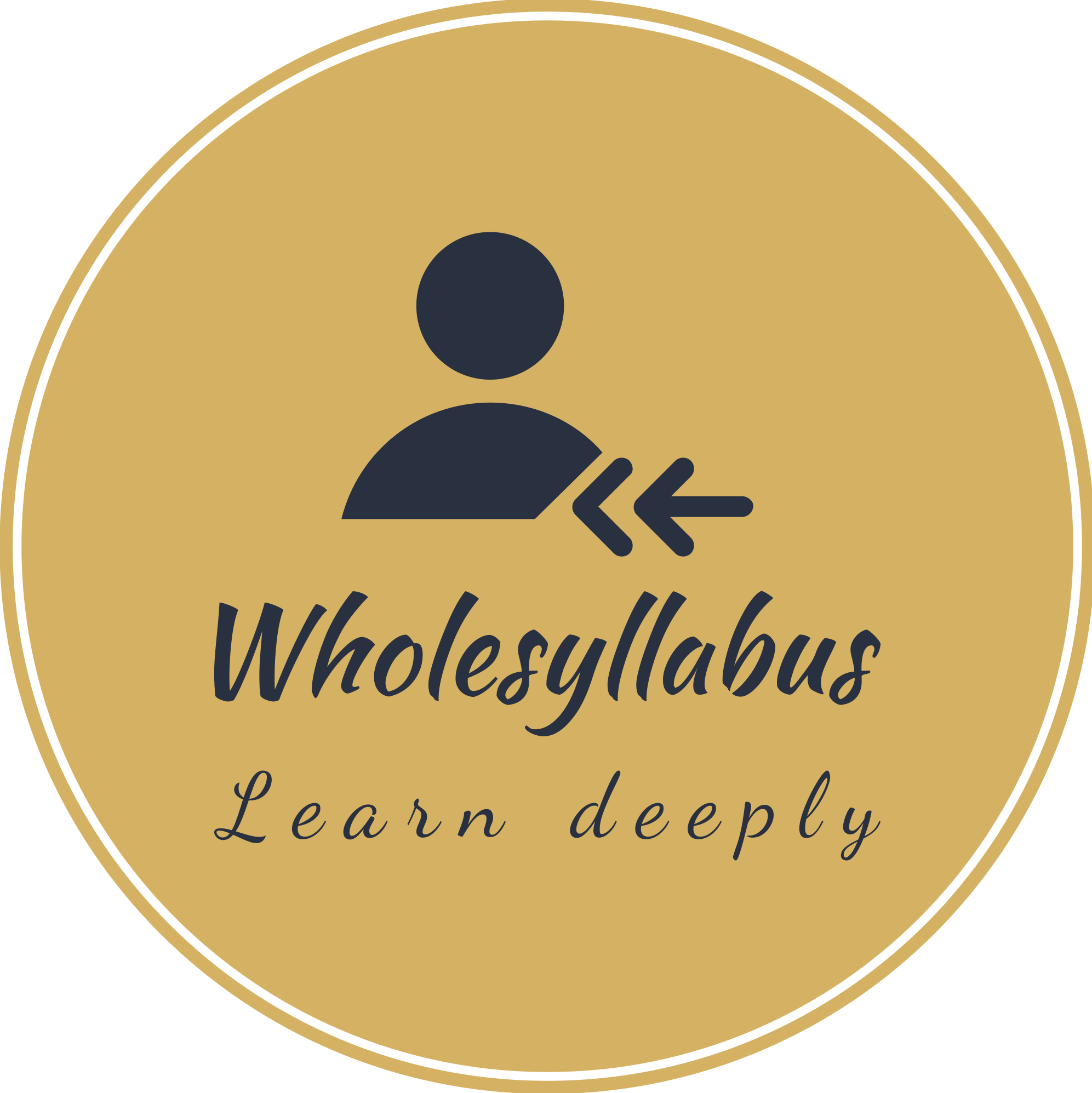Playtime with the best toddler toys is more than just fun—it’s a gateway to exploration and growth. From developing motor skills to fostering creativity, the right toys can shape a toddler’s physical, cognitive, and social development. High-quality toys don’t just entertain; they nurture curiosity, problem-solving, and emotional connections, creating a well-rounded foundation for early learning.
This guide combines expert advice, real-life parent experiences, and insights on eco-friendly and budget-friendly options to help you choose toys that bring both joy and meaningful growth.
Whether you’re looking for cost-effective options or top-rated picks, this guide will help you make informed decisions that benefit your child’s learning and development.
Read our guide on Must-Do Baby Brain Development Activities for 0-3 Months
Why Quality Matters in Toddler Toys
The Importance of Safe, Durable, and Developmentally Supportive Toys
When selecting toys for toddlers, quality should be a top priority for parents. High-quality toys go beyond just lasting longer—they offer crucial developmental benefits, provide safer play experiences, and bring peace of mind to parents.
- Safety First
Quality toys are designed with a toddler’s safety in mind, meeting strict guidelines for materials, construction, and design. Non-toxic finishes, rounded edges, and durable parts minimize risks, allowing toddlers to explore freely. - Durability for Longevity
Toddlers tend to explore enthusiastically, which can be tough on toys. High-quality toys withstand rough play, making them a longer-lasting investment. Durability also helps reduce waste, making these toys more eco-friendly and cost-effective over time. - Developmentally Appropriate Design
Quality toys are crafted with attention to developmental milestones, from fine motor skills to problem-solving abilities. Well-made toys are designed to engage, educate, and entertain toddlers, contributing to their cognitive, emotional, and physical growth. - Simplicity Encourages Creativity
Toys without electronic distractions or excessive features allow toddlers to use their imaginations. Quality toys often have simpler designs, encouraging open-ended play that can lead to creative problem-solving and independent thinking. - Positive Parent-Child Interaction
Quality toys often foster moments of learning and connection, enabling parents to participate in their child’s play. These moments strengthen bonds, building trust and enhancing emotional intelligence.

Top Toddler Toys by Developmental Stage
Whether they’re building strength, problem-solving, or learning to interact with others, these toys help them thrive.
Best Toys for Motor Skills
Boosting Coordination and Strength Through Play
Motor skills develop rapidly during toddlerhood, and the right toys can make all the difference. Building blocks, ride-on cars, and balance bikes are great options. For fine motor skills, consider stacking cups or shape sorters, which encourage dexterity and hand-eye coordination. For gross motor skills, toys like tunnels and mini trampolines let toddlers move their whole body, burning energy while building balance and strength.
Example Idea: A toddler zooming on a ride-on car, helping them learn spatial awareness and balance naturally during play.
Toys for Cognitive Development
Fueling a Toddler’s Curiosity and Brain Growth
Cognitive toys spark a toddler’s love for learning. Look for puzzles, memory-matching games, and interactive books to encourage problem-solving and critical thinking. STEM-inspired toys, like simple building kits, also help them explore cause-and-effect relationships. Musical toys that teach rhythm and counting are another fun way to boost cognitive skills.
Example Idea: A toddler piecing together a chunky puzzle, their little hands working hard to fit the shapes into the correct spots, fostering early problem-solving skills.
Toys for Social and Emotional Growth
Teaching Empathy and Connection
Social play teaches toddlers how to share, empathize, and communicate. Pretend play sets, such as play kitchens or doctor kits, encourage cooperative play and foster imagination. Dolls and plush toys can also help children process emotions, acting out scenarios that mirror their daily lives. Cooperative board games for toddlers are a great way to introduce turn-taking and teamwork.
Example Idea: Two toddlers sharing a pretend tea party set, practicing social cues like offering and accepting, which helps build emotional intelligence.
Pro Tip for Parents: Pay attention to your child’s developmental milestones to choose toys that are not only engaging but also aligned with their current abilities and challenges. This personalized approach ensures playtime is both fun and meaningful.

1. Building Blocks
Building blocks are timeless toys that encourage creativity and dexterity. They help toddlers develop fine motor skills as they grasp, stack, and balance the blocks. Additionally, blocks introduce basic concepts of size, shape, and balance.
Example: Mega Bloks First Builders are large, colorful blocks that are easy for little hands to manipulate, making them perfect for building towers and other structures.
2. Push and Pull Toys
Push and pull toys are excellent for developing gross motor skills. As toddlers push or pull these toys, they practice walking and gain confidence in their mobility. These toys also help with balance and coordination.
Example: Fisher-Price Corn Popper is a classic toy that makes a popping sound as it’s pushed, encouraging toddlers to keep moving while having fun.
3. Shape Sorters
Shape sorters are great for problem-solving and fine motor development. Toddlers learn to match shapes to their corresponding holes, which improves hand-eye coordination and cognitive skills.
Example: Melissa & Doug Shape Sorting Cube is a wooden shape sorter that challenges toddlers to figure out how to fit each shape into the correct slot, promoting critical thinking.
Developmental Milestones Table
Here’s a table that outlines the developmental milestones supported by different toys:
| Toy | Developmental Milestone | Age Range |
|---|---|---|
| Mega Bloks First Builders | Fine motor skills, Creativity | 12-24 months |
| Fisher-Price Corn Popper | Gross motor skills, Coordination | 12-18 months |
| Melissa & Doug Shape Sorting Cube | Problem-solving, Hand-eye coordination | 12-24 months |
4. Nesting Toys
Nesting toys, like cups or rings that fit inside one another, help toddlers understand concepts like size, order, and sequencing. These toys are also great for developing fine motor skills as children practice stacking and organizing them.
Example: The First Years Stack Up Cup Toys are colorful cups that can be stacked or nested, providing endless fun while enhancing spatial awareness.
5. Activity Tables
Activity tables provide a variety of hands-on activities that promote both fine and gross motor skills. They often include features like buttons to press, gears to turn, and shapes to sort, all of which engage toddlers in developmental play.
Example: LeapFrog Learn & Groove Musical Table offers interactive learning with lights, sounds, and music, encouraging toddlers to explore and move around the table.
Key Insight:
Developmental toys are essential for helping 1-year-olds reach important milestones. These toys should be safe, durable, and engaging to keep your toddler interested while they learn and grow.
Pro Tip: Choose toys that can be used in various ways, as they provide more opportunities for learning and can grow with your child. Look for toys that are durable and easy to clean, as they will be well-loved and used often!

Nawab is an experienced educator with a decade of teaching across preschool to K-12 levels. Holding both a graduate degree and a diploma in elementary education, he is passionate about fostering learning environments that inspire young minds. In addition to his teaching career, Nawab has been actively blogging and writing content for the past four years, sharing insights and resources for educators and parents alike.
